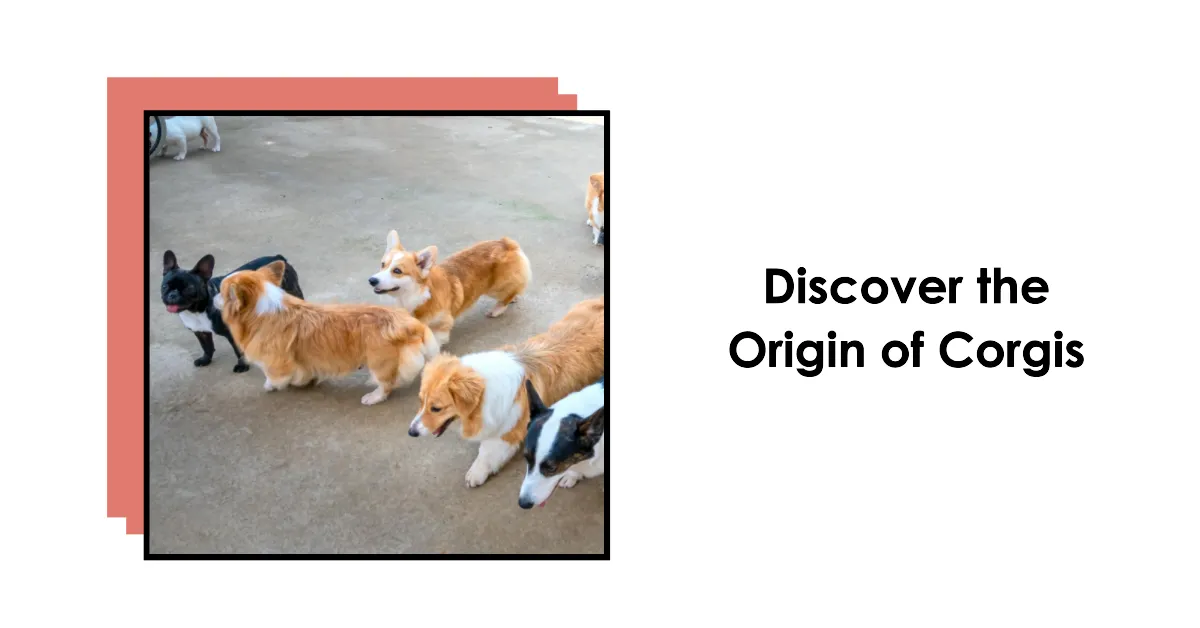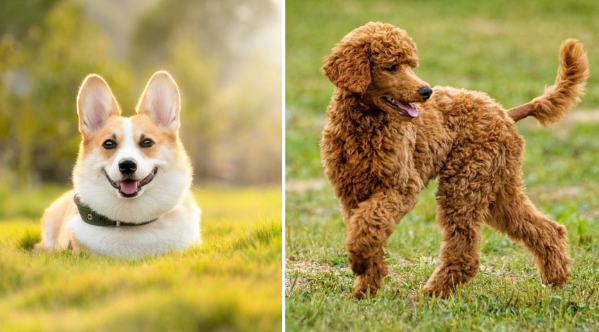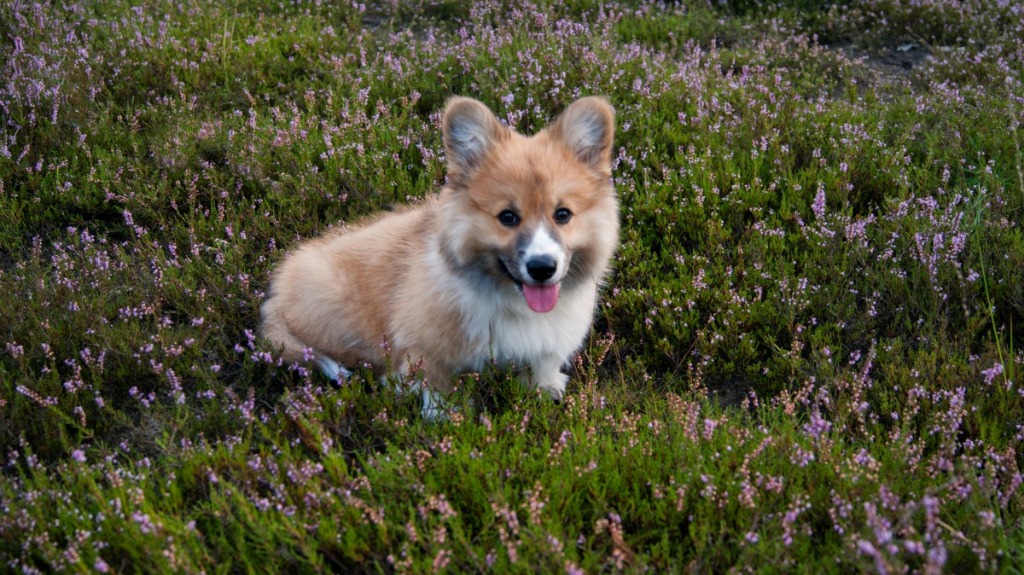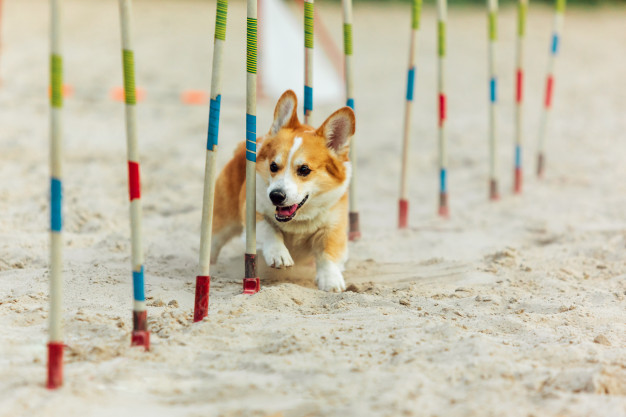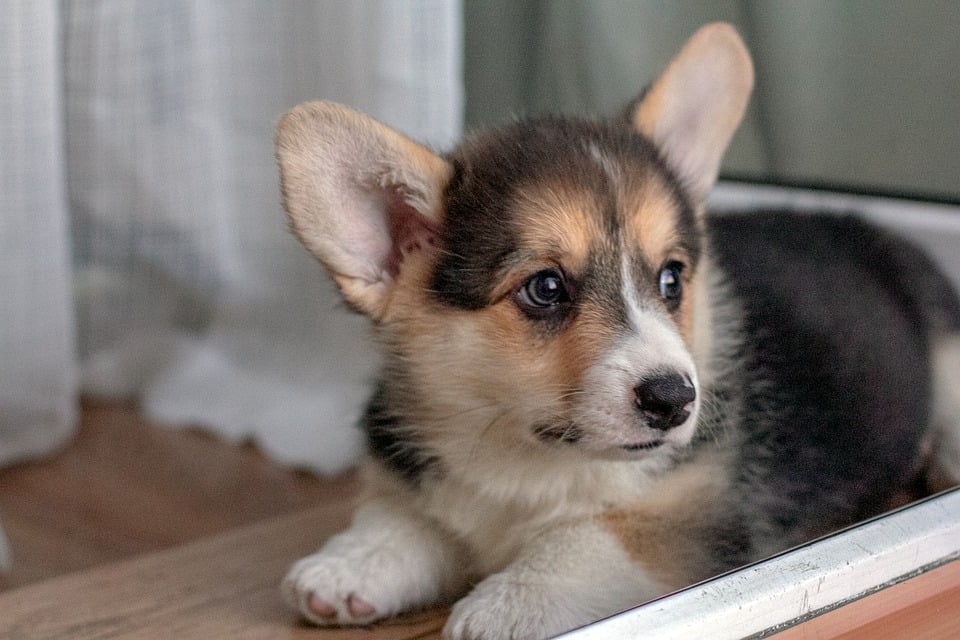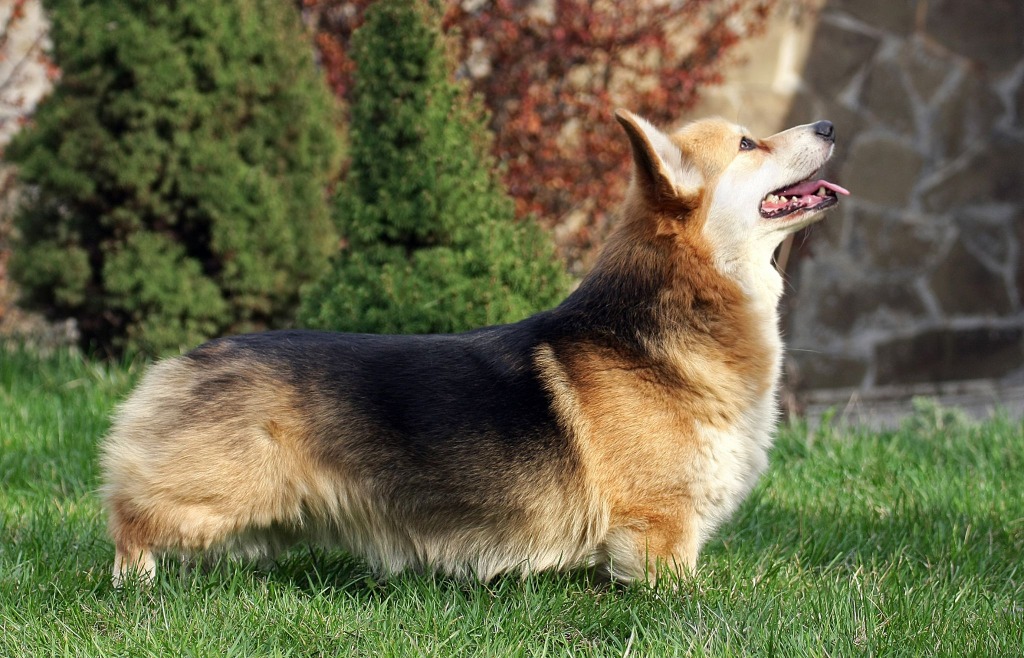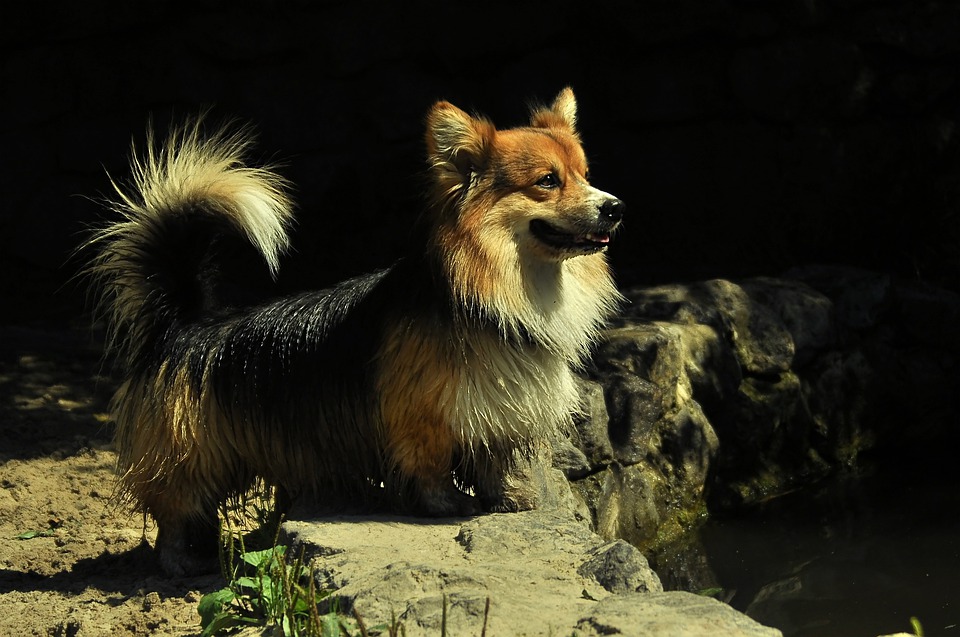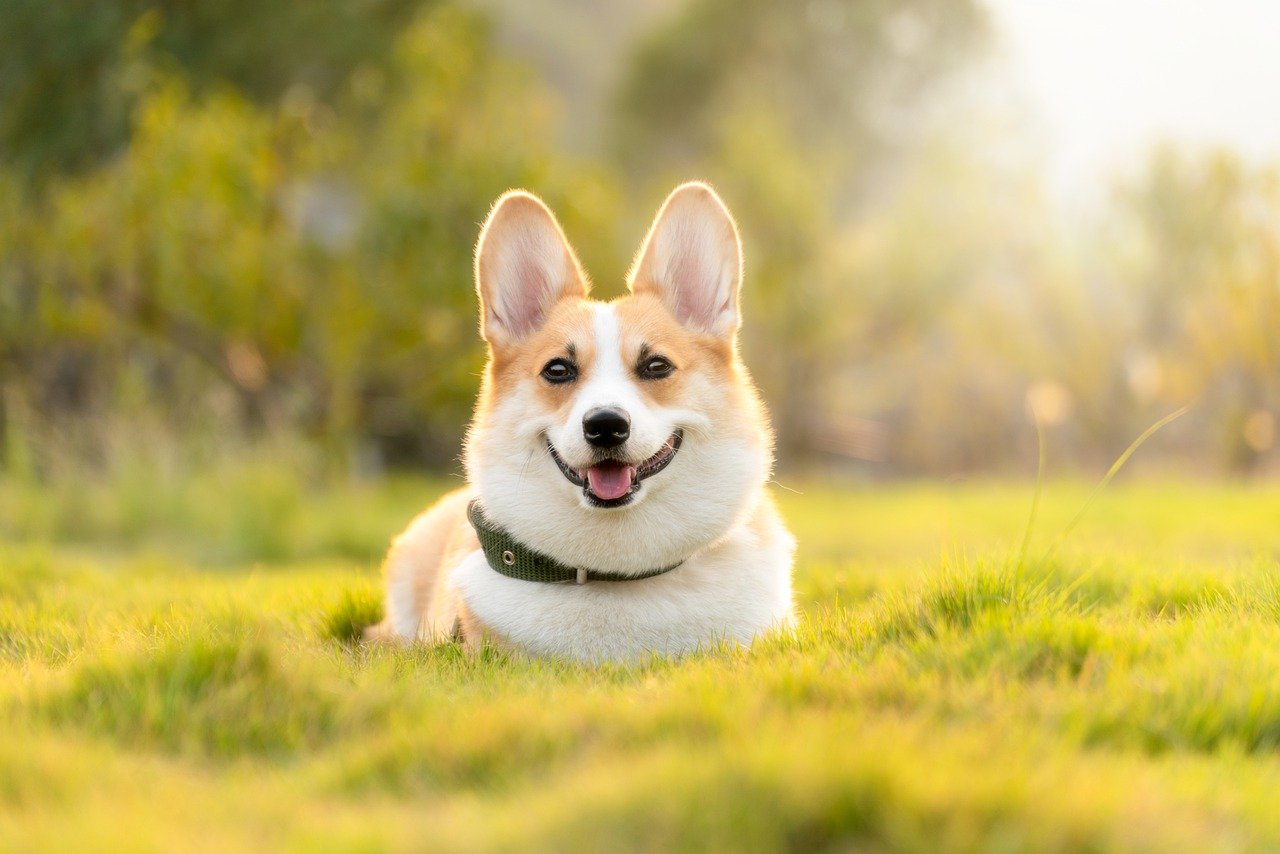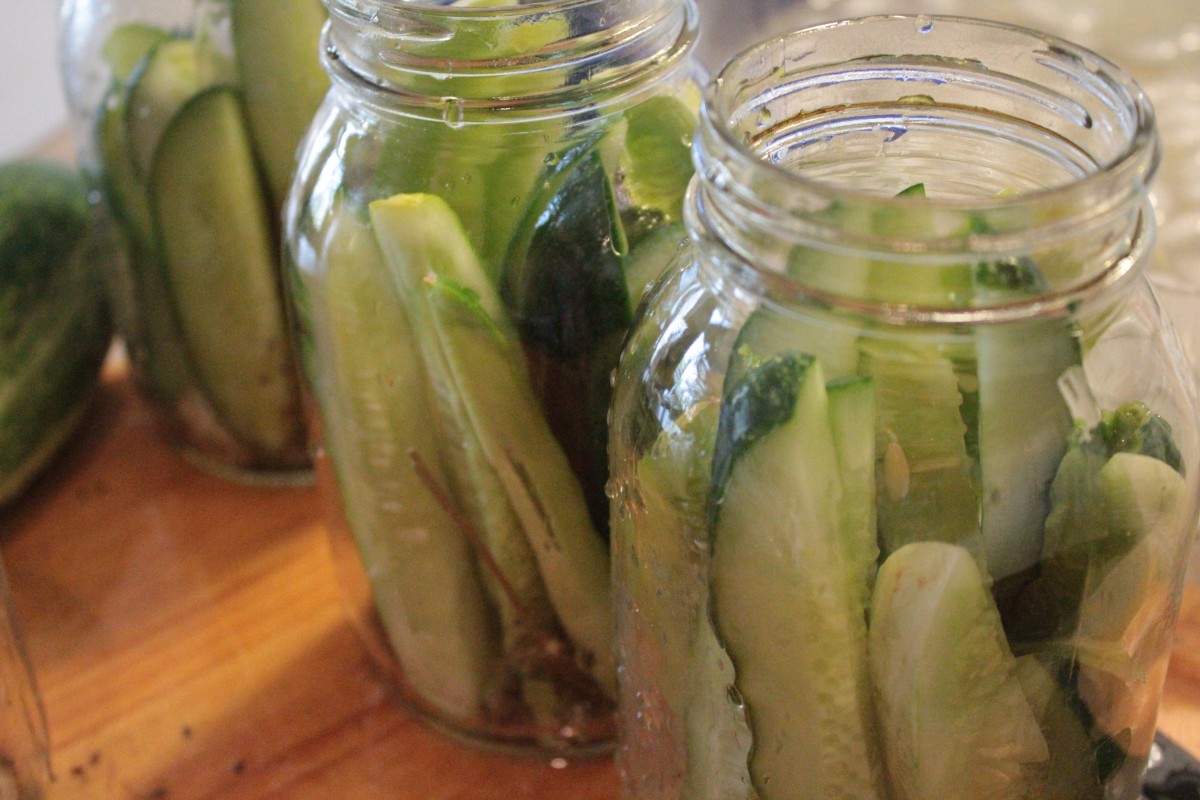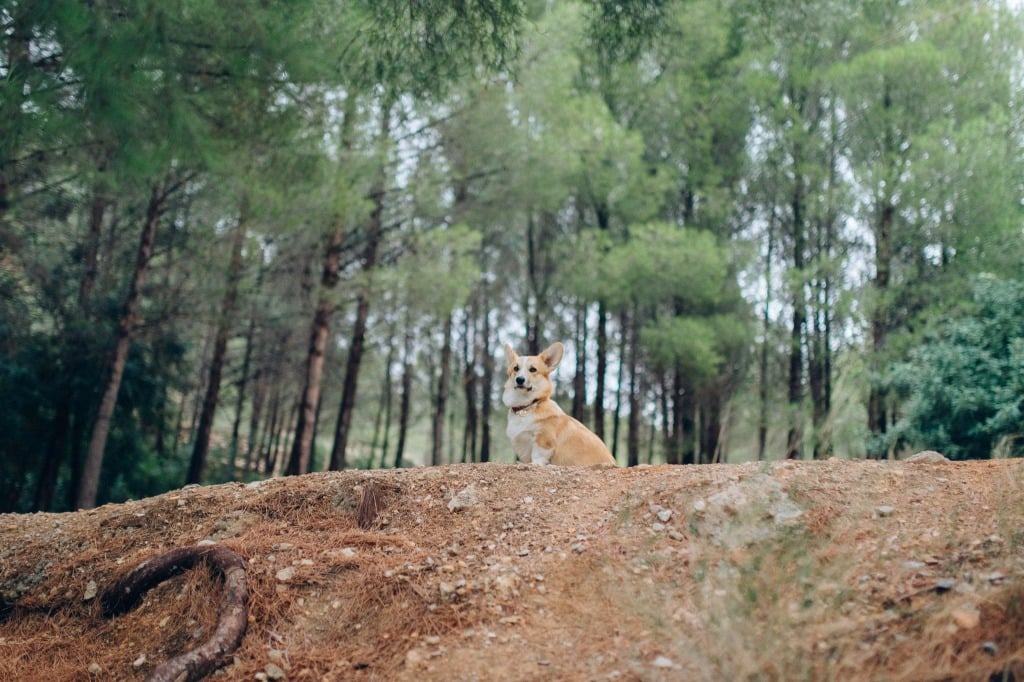All About Corgi Puppy Training
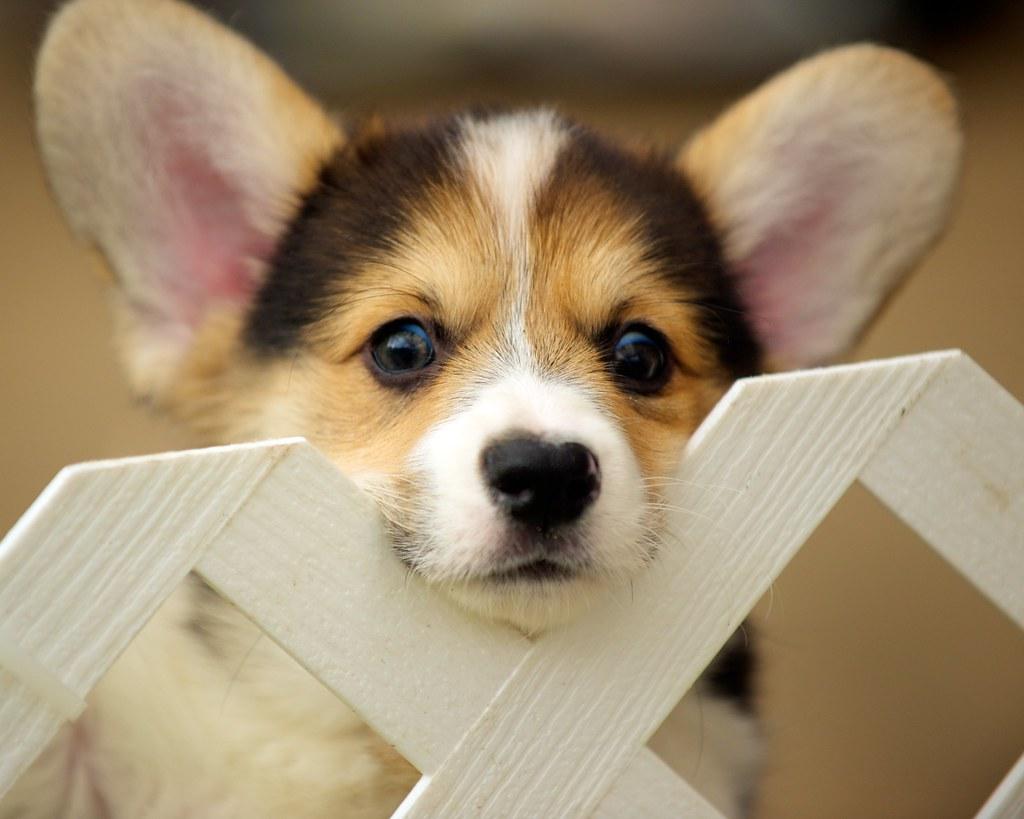
If you have a corgi or are considering getting one, you have come to the right place. Corgi, a.k.a royalty dogs, are known to be extremely agile and notorious. They are shy at first, but once they get acquainted, they are highly vocal and require a great deal of exercise and pampering. Despite these rigid behavioral traits, if trained right, they have also won various dog tournaments.
In this article, we will present ten tips that will help you train your corgi better. Let’s get started:
1. What to buy before bringing them home
Before getting your furry little friend, you need to check all the basic pet care equipment boxes. These include-
A Crate:
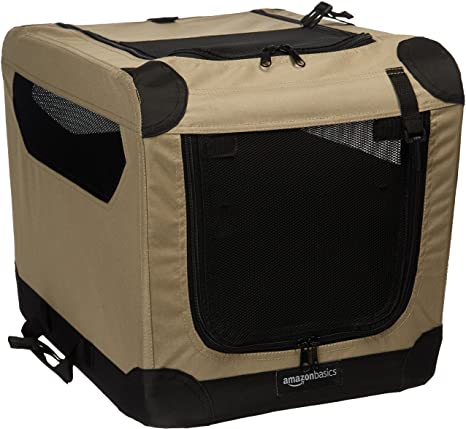
Dogs are den animals. Naturally, they love having a warm cozy place to hide. You can choose from various soft-sided or metal crates available in the market. Moreover, if you are someone who likes to travel, having a leash on a puppy and taking it out doesn’t seem like the safest option. This is where a crate will help you. A portable soft-sided crate that is easy to set up is a good choice to go.
Puppy Food:
A good diet will lay the foundation for an illness-free and long life. While there are various brands to choose from, it is recommended to buy from one brand to avoid your puppy having an upset stomach. As they grow up, you can start mixing different kinds of foods.
Ideally, it is recommended to give a diet with at least 20% of protein. In addition, you should provide a mixture of both wet food and dry kibble to your puppy. It is also crucial to monitor your puppy’s calorie intake as overfeeding may lead to obesity and hip dysplasia.
Food and water bowls:
A light-colored stoneware bowl with a fun design will be best for your dog. It is recommended to keep a few bowls spread across your house so that they have easy access to food and water.
Litter pads:
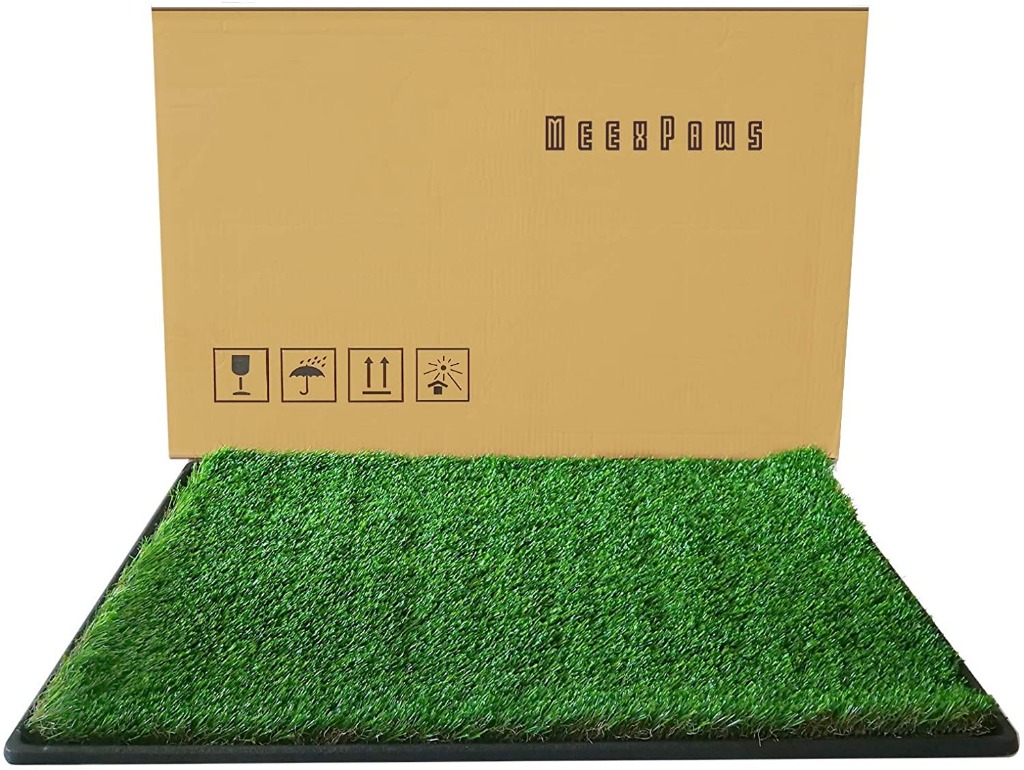
These pads come with absorbent material. Litter boxes are an important element of potty training for a small puppy.
Grooming Essentials:
Corgis have a double-layered coat, and they are known to shed a lot. Hence a grooming comb is a must-buy.
Moreover, a dry-wash shampoo, talc for tics, and deodorants should also be included in the grooming kit.
Chew Toys:
Chewing is a natural behavior; the lack of proper outlets for chewing may lead your dog to destructive chewing. Hence a chewing toy is recommended since childhood. It also keeps them mentally engaged.
Dog Bed:
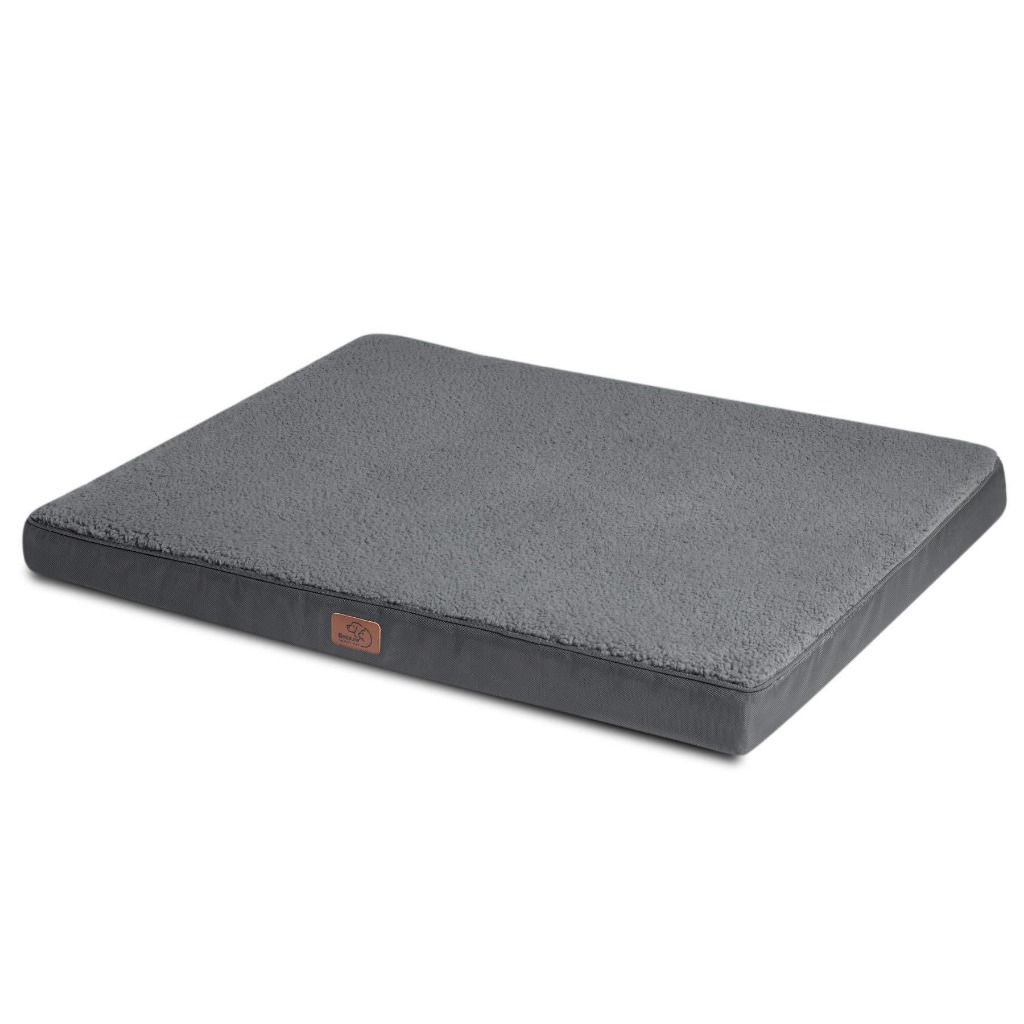
A comfortable bed for a good night’s sleep.
Butt Wipes:
Smaller dogs generally end up with slashes of dirt stuck on their bum; wet wipes are a good way to clean them. They can also be used to wipe their face and corner portion of the eye. An epiotic cleaner for cleaning the dirt in their ears is also recommended.
2. Exposing them to the outer world
They love to hang around people. Once they are at least six weeks old, you can start to take them on walks with you, in parks, rec centers, etcetera. Since they were bred to be a herding dog naturally, leaving a corgi alone is not a good idea.
3. Get used to grooming
The benefits of proper grooming are known to all. Usually, pets become anxious when you start to groom them. Hence getting them accustomed to grooming is important. Complimenting positive reinforcement training, i.e., giving your dog treats every time you groom them, is a solution to this. Using the right tools for grooming is also vital.
Pro Tip: Always brush slowly and be sure not to graze in a particular area for too long as their skin is very sensitive.
4. Play fetch and exercise
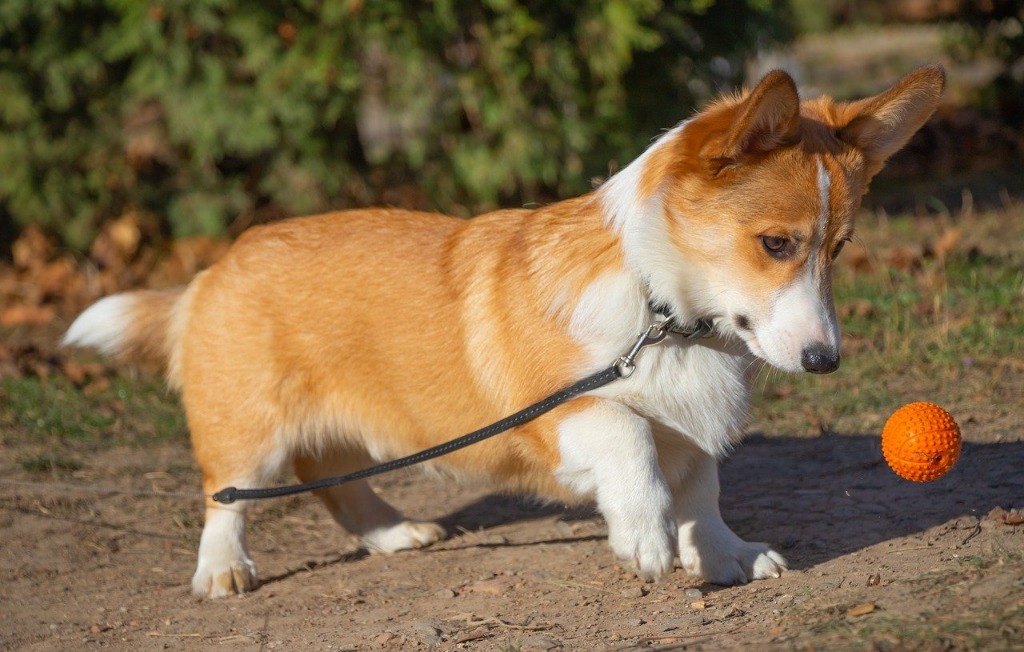
At Least 30 minutes of daily exercise is necessary for your dog to stay fit. Fetch is one of the widely played games. A simple step-by-step guide to play fetch is given below-
- Start by showing the toy to your dog and gaining their attention. When they start coming close, point the toy slightly away and say ‘hold.’ Repeat this process a few times until your dog starts to grab the toy.
- Once your dog has learned to hold, outstretch your palm to full length and make your dog follow it.
- Upon successful completion, start increasing the distance gradually and throw the toy. You can treat your dog when he brings the toy back to you so that he develops a rhythm.
5. Teaching basic commands
Corgis should know the following basic commands- Sit, Stay, Heel, Down, Drop it, Fetch, etc. There are various tutorials available for this. We recommend getting started with this one.
6. Feeding Guide
Homemade food, dry kibble, and wet food can be given to your corgi. You should avoid cereals and go for protein-rich kibble. Many people also mix wet and dry food. When giving raw food, you can provide them boiled pieces of chicken with little to no spices. Make sure that you don’t leave any bone fragments in there as they may block your corgi’s intestines and injure him/her. You can use a calorie calculator for monitoring their diet.
2 – 4 months of age | 4 meals per day
4 – 6 months of age | Three meals per day
6 – 8 months of age | 2 – 3 meals per day
Over 8 months of age | 1 – 2 meals per day
7. Crate Training
Learning crate training is important when you are traveling or have some guests over. It also gives your corgi some personal space that is warm and cozy. Steps to teach to crate-train your dog are-
- Introduce your puppy to the crate by putting them inside it. Make sure it is clean and does not have any foul smell to it. You can also use puppy deodorant to make your puppy feel comfortable.
- Dogs love to eat, and you can lure them into their crate by keeping treats inside it and feeding them there. When it’s time for your dogs to sleep, pace a treat inside the crate and turn off the lights. You can close the door for some time till your dog falls asleep after eating it.
- When your dogs get used to the practice, you can chant a command whenever they go inside the crate.
- Make sure to have proper bedding inside the crate. Within 1-2 weeks of following this practice, your dog will start sleeping inside its crate.
8. Dos and Don’ts
DO’S
- Give them a treat when they potty outside.
- Start training them early.
- Monitor their calorie intake, give a strict balanced diet.
- Regular vet visits.
- Making sure they sleep in their kennel.
- Ample exercise.
DON’TS
- Scold them when they pee/poo in the house.
- Disregard training till they grow up.
- Overfeed them.
- Irregular exercise may lead to missed/delayed illness symptoms.
- Letting them be on their own and not following a sleep schedule.
- Overfeeding may lead to obesity which is common in corgis.
Keep in mind never to use the crate to punish the dog or keep them in there for sustained periods of time. Bringing a puppy overcomes myriads of responsibilities, but it also gives you the joy of being a pet owner. With this guide, we hope we could answer your questions. Happy Petting!

